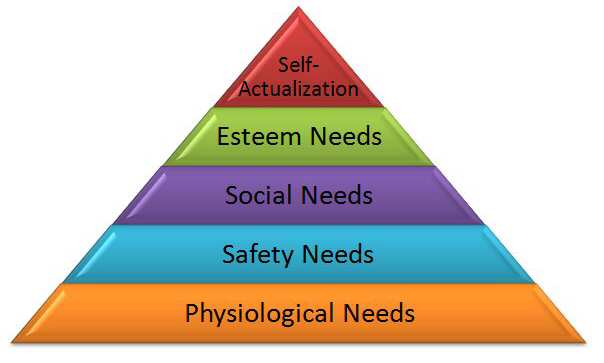An interesting theory of the 'Process Theories' is Adam's Equity Theory.The core of the 'Equity Theory' is the principle of balance or equity.Indeed, an individual's motivation level is linked to his perception of equity, fairness and justice from his manager.Most of the employees of a company will compared the others employees in order to evaluate their position within the company.However, fairness is not perceived in the same way for every employees which could lead to conflicts between them.While evaluating fairness, employee compares the job inputs to his outputs.Indeed, the theory demonstrates that the individuals are both concerned about with their own rewards and also with what others get in comparison.
( Fig.1 : Inputs and Outputs balance, Google Images )
Equity is perceived when this ratio is equal. While if this ratio is unequal, it leads to “equity tension”. J.Stacy Adams called this a negative tension state which motivates him to do something right to relieve this tension. (managementstudyguide.com)
Tesco
Tesco is Britain's largest retailer with over 2,200 stores , in a very competitive market, so they must ensure to have the right employees to make it work.Indeed, Tesco makes sure that the staff have a clear understanding of the demand from the manager and a operational workforce.Tesco also uses 360-degree appraisal where all contacts with the employee (for example, manager, colleagues and customers) assess performance and give feedback. They also motivate their staff by setting up a training for each employee and by self-developement to help them grow within the company.Tesco have focused on motivation by rewards and benefits such as Staff privilege card , pension for the retirement and also a leisure time for the staff such as holidays , gym membership and theme parks discounts.
Tesco's staff motivation can be linked with the 'Equity Theory' above , as each staff member are rewarded the same way but what they receive is shared equally and therefore all the staff members feel being part of the team and treated with fairness.
In other words, this links with the 'Equity Theory' as feedback members saying that their developement and fairness within linked with the rewards and the achievement of goals in partnership was good in supportive atmosphere.
Overall , there is few 'Process Theories' but the 'Equity Theory' is the one which every potential employee or current staff members are seeking.Indeed, that theory is working around fairness in order to make every staff member feeling comfortable in a supportive atmosphere.
Also, there is many companies using 'Process Theories' which leads to helping to motivate their staff and achieve the targeted goals for the company.
REFERENCES
- Mary Simpson ( Powerpoint Presentation )
- Tesco - Rewards & Benefits ( http://www.tesco-careers.com/home/working/rewards-and-benefits)
- Google Images
